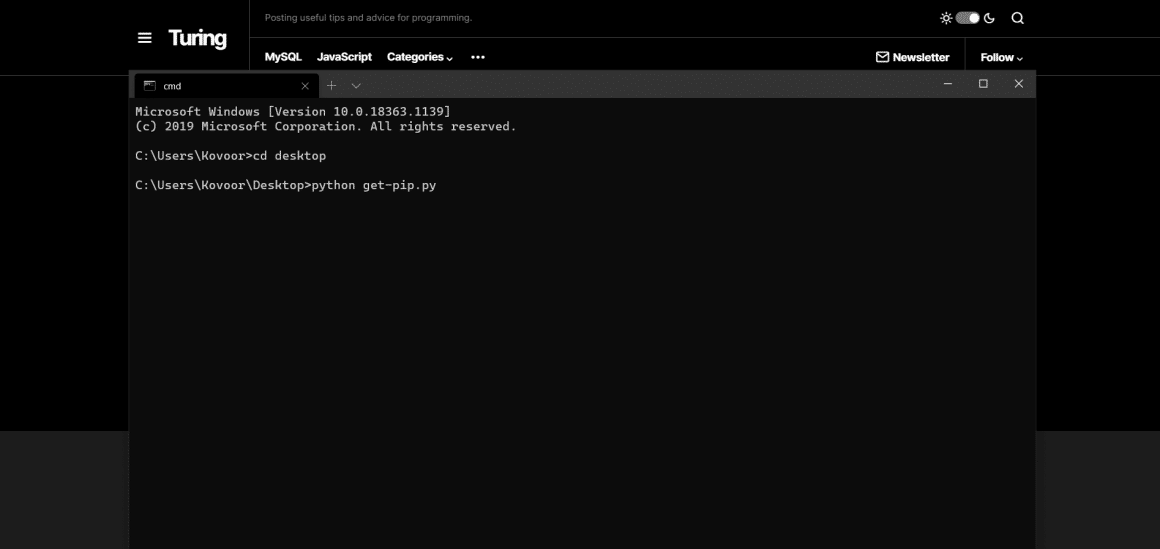

You’ll need to wait patiently as this figure indicates: Figure 1: Xcode is a dependency for Homebrew and therefore OpenCV 4 on macOS. To install Xcode, fire up the Apple App Store, find the Xcode app, and install. I’ll cover alternative methods (pip and Homebrew) in future installation guides (neither of these methods can be covered until OpenCV 4 is officially released).įinally, we’ll test out our OpenCV 4 install and get our feet wet with a real OpenCV project. Compiling from source allows us to have full control over the compile and build as well as to install the full OpenCV 4 build. I post links to all my OpenCV install tutorials there.įirst, we’ll install Xcode and set up Homebrew.įrom there, we’ll establish Python virtual environments.

Note: If you landed on the wrong install tutorial (perhaps you want to install OpenCV on Ubuntu or your Raspberry Pi), then you should visit my OpenCV installation guides page. OpenCV 4 is packed with new features, many of which are deep-learning focused. In this blog post we’re going to install OpenCV 4 on macOS. The commands to install brew are provided below.Looking for the source code to this post? Jump Right To The Downloads Section Install OpenCV 4 on macOS It's a widely used dependency manager for Mac OS that provides installation packages for many open-source software projects. Many developers may already have homebrew installed. We will walk through the most common installation scenarios here, but if you encounter issues, consult the full installation instructions for the project: ĭifferent operating systems have different dependency needs, the latest of which are documented here: Installing pyenv on Mac OS using homebrew # virtualenv is still widely used - but it lacks some crucial features that pyenv provides for standardized installation methods. Prior to pyenv becoming popular, many python developers used virtualenv to manage environment versions.


It's similar to the better-known tool that is commonly used in ruby development - rbenv. It allows developers to define which version of python to use on a per-project basis. Pyenv is an open-source tool used for managing multiple python environments. Fortunately, there is a tool called pyenv that will allow us to safely install the latest python version - regardless of whether we have a system python version installed or not. Updating it can break certain tools that our operating system needs for essential tasks, including dependency management software. In cases where older are versions present, it is unsafe to update system python directly. In other cases, the command above could fail completely, indicting that python is not installed at all. The output above indicates that the system version of python installed is much older than 3.7.


 0 kommentar(er)
0 kommentar(er)
